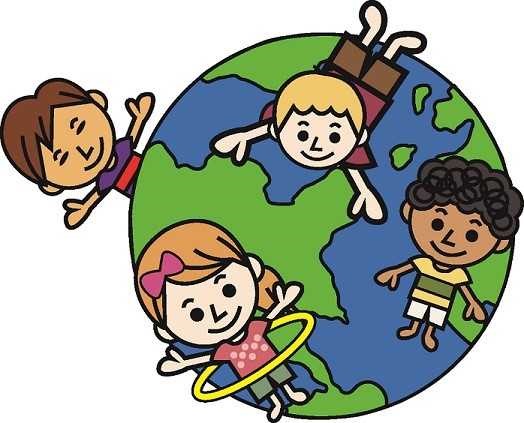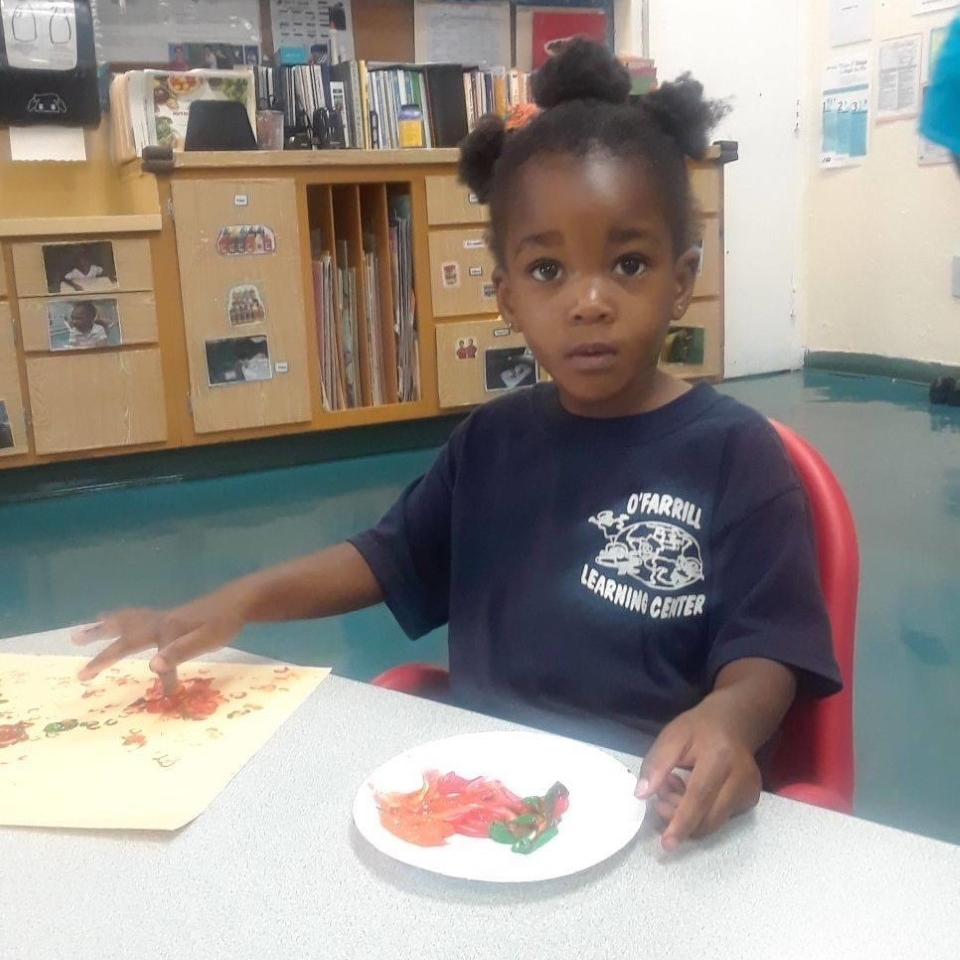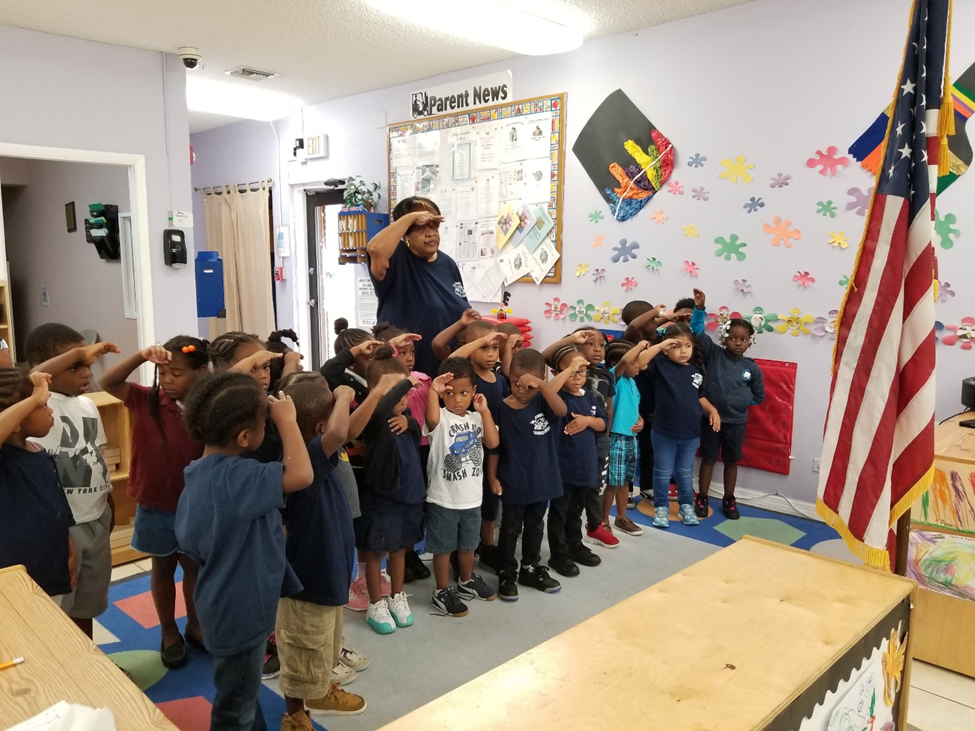Programs
Apply Now
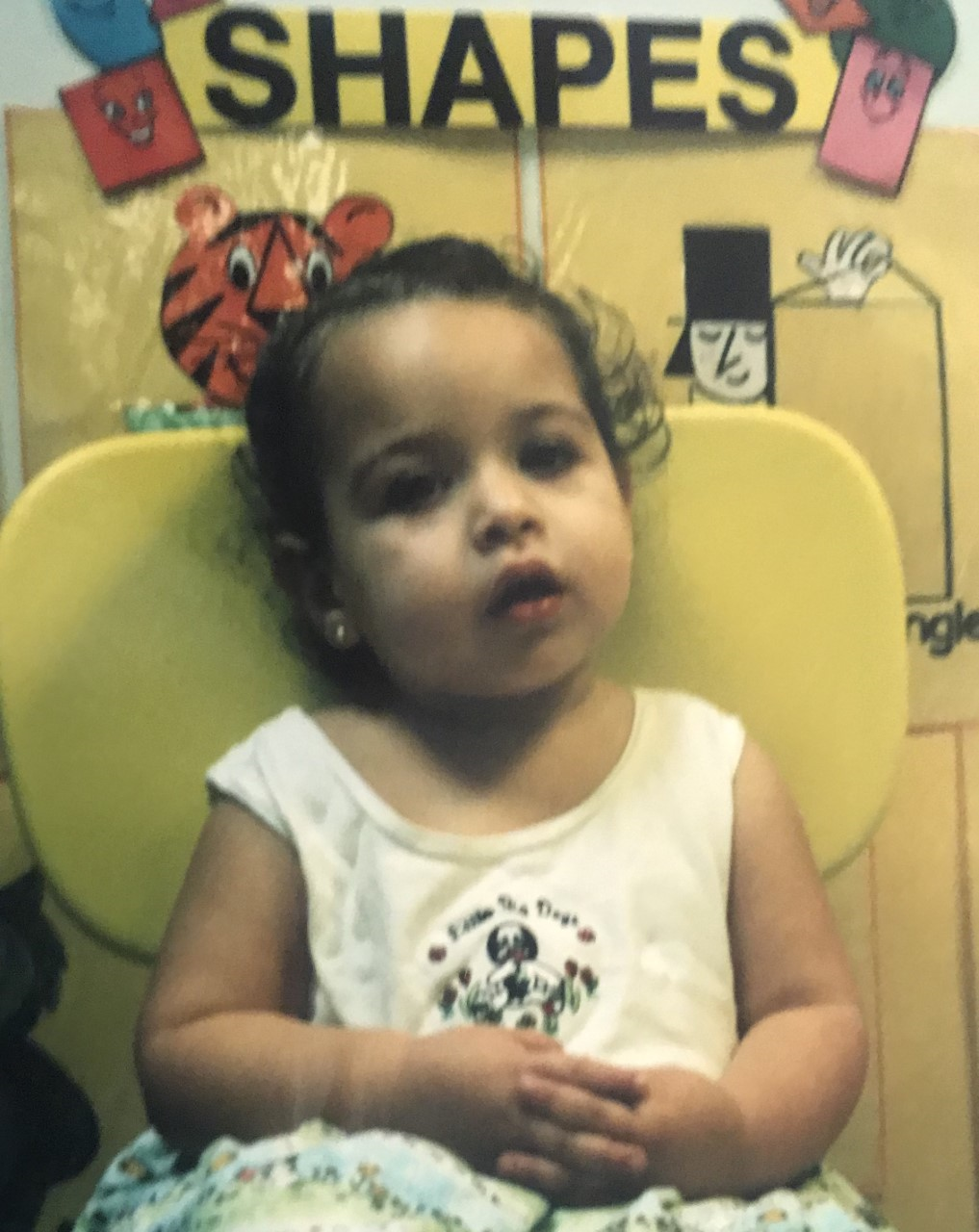
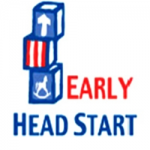
Early Head Start
Early Head Start (EHS) programs serve infants and toddlers under the age of 3, and pregnant women. EHS programs provide intensive comprehensive child development and family support services to low-income infants and toddlers and their families, and to pregnant women and their families.
Eligibility is generally based on family income at or below the poverty level according to the Poverty Guidelines published by the federal government. Children in foster care, homeless children, and children from families receiving public assistance (TANF or SSI) are eligible regardless of income.
Early Head Start programs provide family-centered services for low-income families with children ages birth to three. These programs are designed to promote the development of the children, and to enable their parents to fulfill their roles as parents and to move toward self-sufficiency.
Early Head Start programs provide similar services as preschool Head Start programs, but they are tailored for the unique needs of infants and toddlers. Early Head Start programs promote the physical, cognitive, social, and emotional development of infants and toddlers through safe and developmentally enriching caregiving. This prepares these children for continued growth and development and eventual success in school and life.
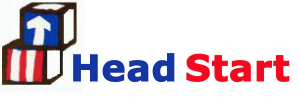
Head Start
Head Start programs prepare America’s most vulnerable young children to succeed in school and in life beyond school. To achieve this, Head Start programs deliver free services to children and families in core areas of early learning, health, and family well-being while engaging parents as partners every step of the way.
Eligibility is generally based on family income at or below the poverty level according to the Poverty Guidelines published by the federal government. Children in foster care, homeless children, and children from families receiving public assistance (TANF or SSI) are eligible regardless of income.
Head Start encompasses Head Start preschool programs, which primarily serve 3- and 4-year-old children. Head Start services are delivered nationwide through 1,600 agencies which tailor the federal program to the local needs of families in their service area.
Head Start programs promote school readiness of children ages three to five from low-income families by supporting the development of the whole child.
Head Start programs offer a variety of service models, depending on the needs of the local community. Many Head Start programs are based in centers and schools. Other programs are located in child care centers and family child care homes. Some programs offer home-based services that assign dedicated staff who conduct weekly visits to children in their own home and work with the parent.
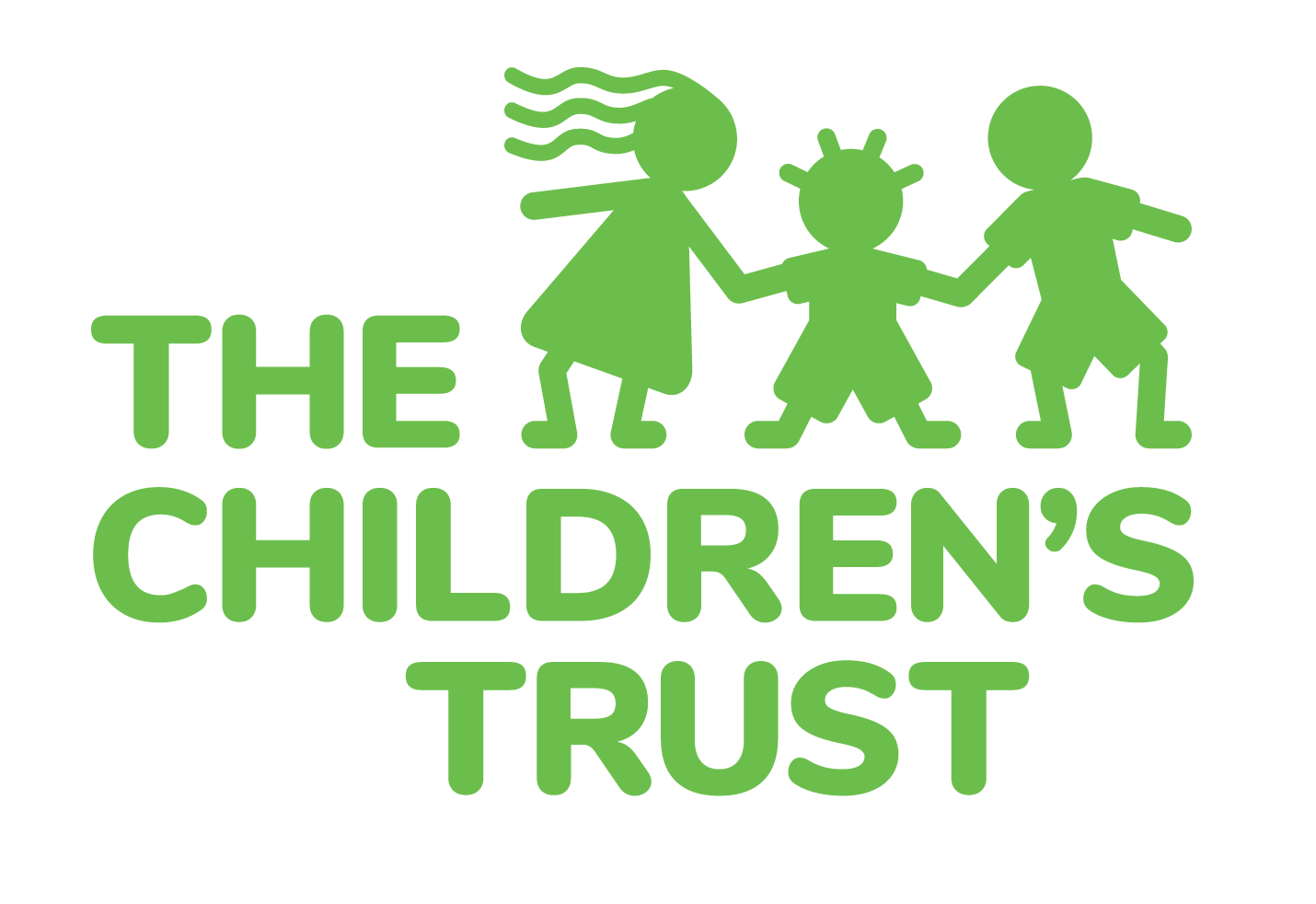
The Children's Trust
The Children’s Trust is a dedicated source of revenue derived from property taxes, established by voter referendum in 2002. Our mission is to partner with the community to plan, advocate for and fund strategic investments that improve the lives of all children and families in Miami-Dade County … Because All Children Are Our Children.
Providing children and youth with safe spaces outside of school where they can thrive is a priority of The Children’s Trust. Help with homework, reading, focused tutoring and fun activities are just part of a much bigger picture. After-school programs and summer camps offer children opportunities to strengthen life skills, learn about nutrition, make friends, and discover and cultivate new interests.
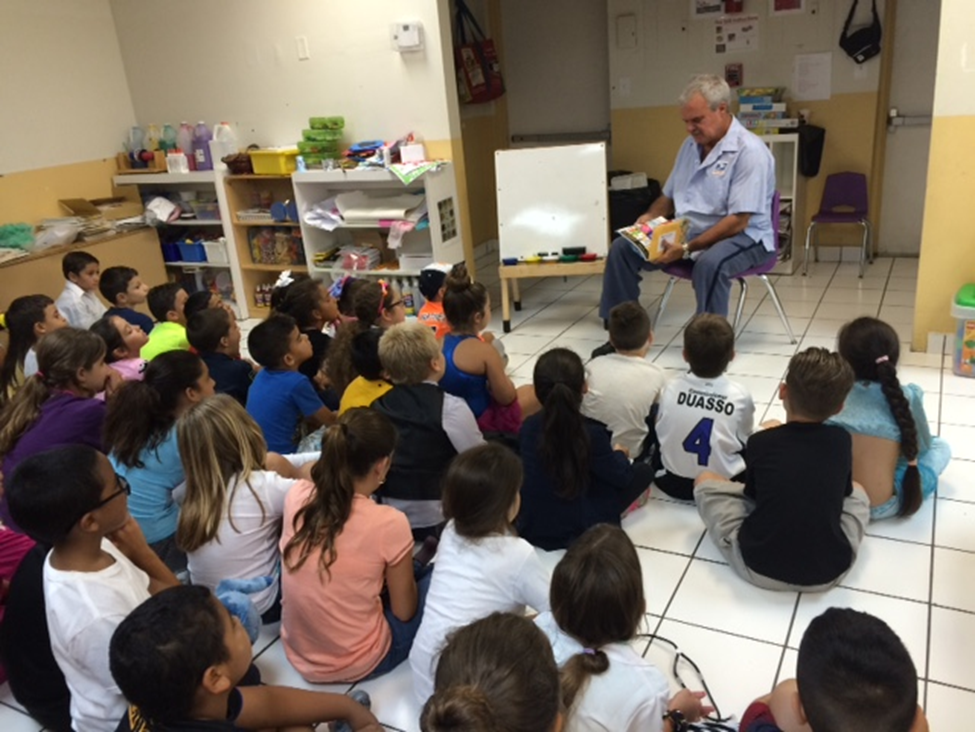
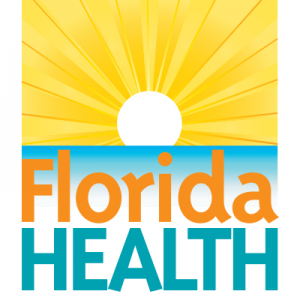
Child Care Food Program
Studies have shown that children who are served through CCFP are eating healthier foods than those who bring food from home. By providing them with proper nourishment throughout the day, students have shown to be more focused, energized, and eager to learn. CCFP assists our center in implementing the best system to assist our students daily in order to promote healthy maturation and reduce obesity risk.
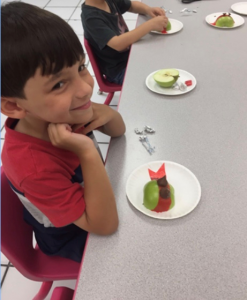
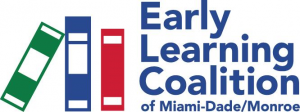

Learn More
School readiness programs have been designed to prepare children for school, particularly those from income-eligible families. These programs are intended to serve as a preventive measure for children at risk of future school failure. Priority for school readiness program participation is given to children whose parents are low-income, children who have been determined to be at risk of abuse, neglect, or exploitation, and children with special needs.

Learn More
VPK is a free prekindergarten program for 4 and 5-year-old who reside in Florida. Participating children must be 4 year of age on or before September 1. Parents can enroll their child in the state’s free, voluntary prekindergarten (VPK) education program that year or wait until the following year when their child is 5. We offer this program as a way for parents to benefit with a reduction in their tuition.
Benefits of early education and the VPK program:
● The most important growth and development in the brain happens by the age of five.
● The early years are the learning years. A child’s ability to be attentive and to follow directions emerges in the early years. Structured early learning fosters these abilities for later success in school and in life.
● Pre-K prepares children to be ready for school. Children who participate in high-quality early childhood education programs develop better language skills, score higher in school-readiness tests, and have better social skills and fewer behavioral problems once they enter school. They are also better prepared for Kindergarten, especially in the areas of pre-reading, pre-math, and social skills.
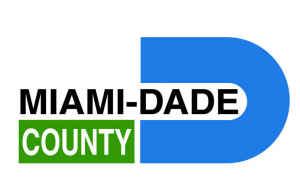
Learn More
Community Development Block Grant (CDBG)
The CDBG Program is designed for our children ages 4-5 (Pre-Kindergarten). The teaching staff uses the High/Scope Approach to teach fundamental skills to ensure School Readiness. Data driven and differentiated instructional methods are used to strengthen each child’s individual skill level. All children are assessed by our Curriculum Specialist using the Voluntary Pre-Kindergarten Assessment tool and receive a pre, mid and post-test during the Assessment Periods (September, January, and May). The comparison of all assessments periods would demonstrate that at least 85% of the children has improved their school readiness level.
Office Management and Budget Grant (OMB)
The Early Literacy and School Readiness Program aims to provide low-income children ages 3 to 5 with data driven and differentiated instructional services so that they may master the basics of language and literacy, ensuring their future success as Kindergarteners. The program will take place across four of our sites and follow the Head Start academic calendar. Program performance will be assessed through OFLCs Early Literacy pre/post tests and pre/mid/post of the of Student Thinking (FAST) using Star Early Literacy.

